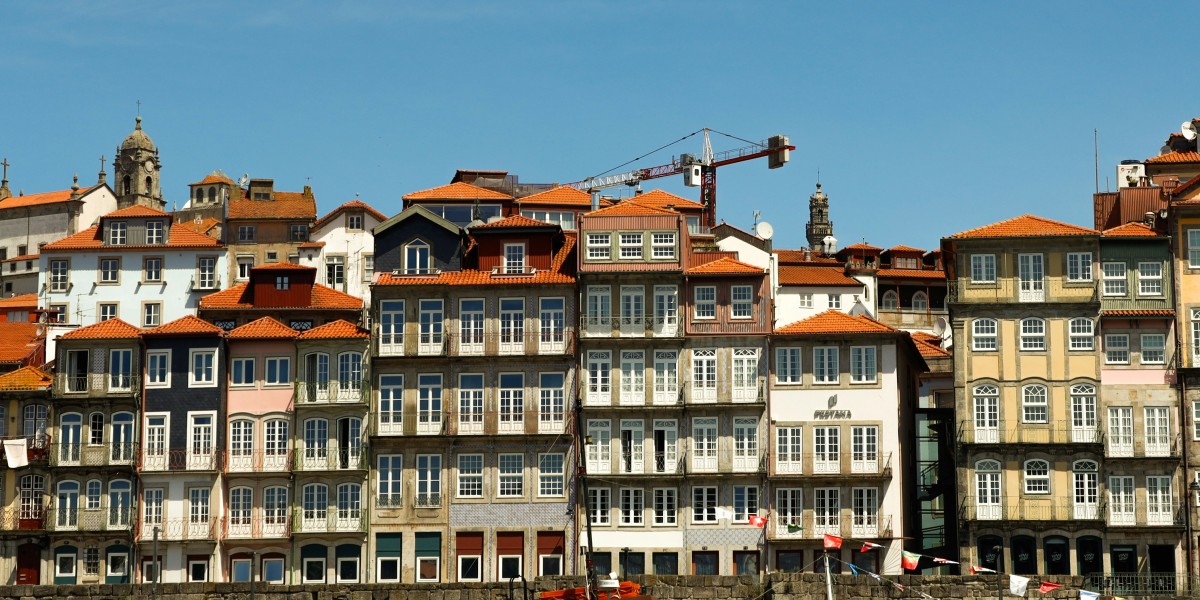
Portugal continues to be regarded as one of the most attractive destinations to live in, invest in, or visit for members of the LGBTI+ community, even though it dropped out of ILGA Europe’s Rainbow Map top 10 in 2025. This change, mainly due to shortcomings in tackling hate crimes and hate speech, raises concerns about the future direction of the country’s political and social climate, with direct consequences for sectors such as real estate and tourism, according to industry experts consulted by idealista/news. Nevertheless, Portugal remains firmly on the map as a safe destination.
For many, the perception of Portugal as an inclusive country that respects LGBTI+ rights has been — and continues to be — a key reason for choosing it as a permanent or temporary home.
“The perception of Portugal as a safe place, where the LGBTI+ community is respected and enjoys a level of protection and equality well above average, was one of the main reasons many foreigners chose to settle here,” explains João Passos, consultant and head of the LisboaPride project. “Any development that negatively alters this perception and increases uncertainty regarding the future of LGBTI+ rights in Portugal is a step backwards — and will certainly impact the country’s appeal,” he adds.
João Santos, consultant at João das Casas Real Estate, believes that international interest “could indeed be affected if hate speech or political inaction are seen as on the rise.” “LGBTI+ tourism and residential choices tend to favour places that are not only beautiful and affordable, but also safe and welcoming,” he notes. Even so, he confirms that, in addition to tourism, “there is a consistent increase in demand for permanent residence, particularly from LGBTI+ individuals coming from countries where rights are more fragile or where the political and social climate has become hostile.”
Both professionals agree that Portugal still enjoys a positive international image, benefiting from its reputation as a progressive, tolerant and safe country. This year, it is also hosting EuroPride — Europe’s largest LGBTI+ event — for the first time. The event is taking place in Lisbon until 22 June and is supported by idealista.
Portugal still attracting foreign buyers
João Santos acknowledges that inflation and the cost of living are impacting all property decisions. However, he maintains that many international buyers — including those from the LGBTI+ community — “continue to view Portugal as offering good value for money, particularly compared to major European cities.” “Political instability may cause some hesitation, but so far, we haven’t seen a drop in demand,” the consultant stresses.
Meanwhile, the head of LisboaPride highlights the growing number of Americans looking to settle permanently in Portugal. “We mainly work with two types of international LGBTI+ clients: American clients, who almost always want to move permanently, and European clients, who are usually still looking to spend only part of the year in Portugal. In percentage terms, US clients have gained ground over European ones, and now represent the majority of our foreign clients,” he reveals.
João Passos adds that the global political landscape — and more recently, the re-election of Donald Trump — has had a direct impact on demand. Since the beginning of the year, there’s been a surge in enquiries from trans individuals or families with trans children concerned about the hostile climate in the US. “With the rise of far-right movements across the globe, we’re seeing a certain migratory trend among those who can afford to escape more extreme political environments — especially from the US. This remained the main reason most of our clients gave in 2024/2025, as they are mostly American citizens,” he notes.
That said, recent changes in Portugal’s own political scene, particularly the rise of the far-right, are already beginning to cause some hesitation. “We’re already seeing some effects of the latest election results in Portugal, with the rise of the far-right and the anticipated erosion of LGBTI+ rights,” he says. Even so, he believes the country’s stability and quality of life remain decisive factors.
